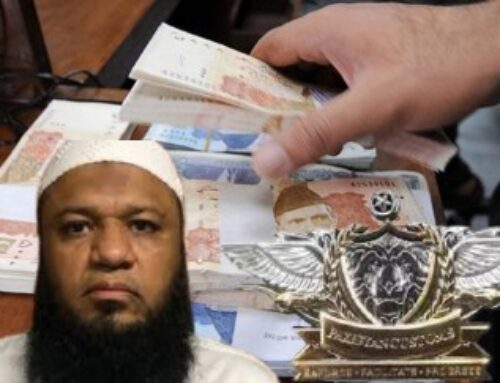By Staff Reporter
Karachi, May 5, 2025 – In a decisive move to clamp down on black money and integrate the undocumented economy into the national financial system, the Federal Board of Revenue (FBR) has officially invoked Section 175(C) of the Income Tax Ordinance, 2001.
The enforcement of this provision grants Inland Revenue officers the authority to be physically stationed at business premises across a wide array of sectors. These include restaurants, hotels, guest houses, marriage halls, clubs, courier and cargo services, beauty parlors, clinics, hospitals, laboratories, gyms, health clubs, foreign exchange dealers, photographers, and other service providers.
According to FBR sources, this strategic action aims to monitor real-time transactions, deter tax evasion, and widen the tax base by ensuring that revenue generated in these largely cash-based sectors is duly documented and taxed.
“The goal is not harassment, but transparency,” an FBR official said. “These sectors have long remained outside the tax net despite substantial economic activity. We are committed to bringing them into the formal economy.”
The decision has sparked a mixed response from stakeholders. While tax reform advocates have welcomed the move as a step toward economic accountability, business owners have expressed concerns over potential misuse of powers and disruption to daily operations.
Experts suggest that the success of this initiative will depend heavily on the training and conduct of FBR officers, as well as the establishment of checks and balances to prevent overreach.
This marks a major policy shift as Pakistan continues its efforts to strengthen domestic revenue mobilization and reduce reliance on external borrowing.






